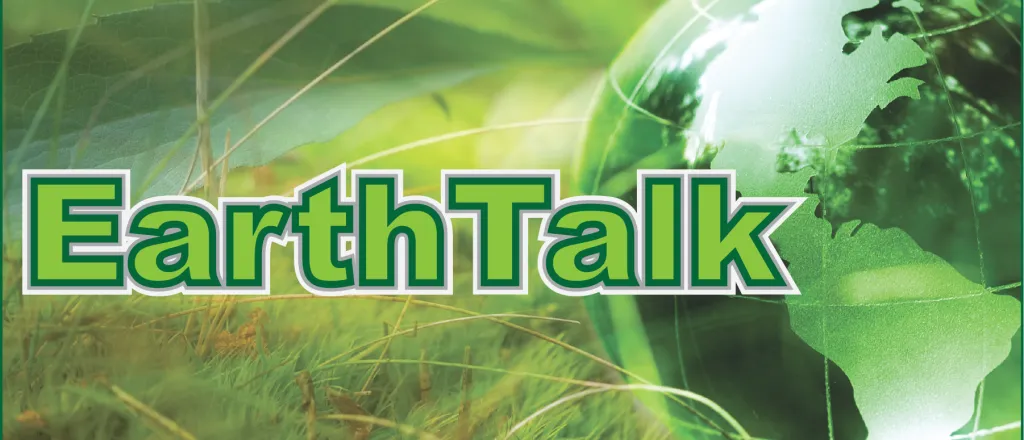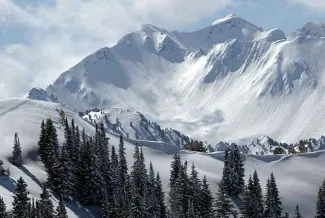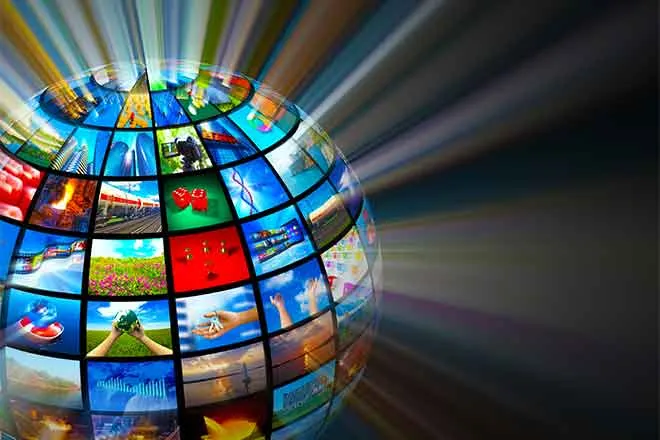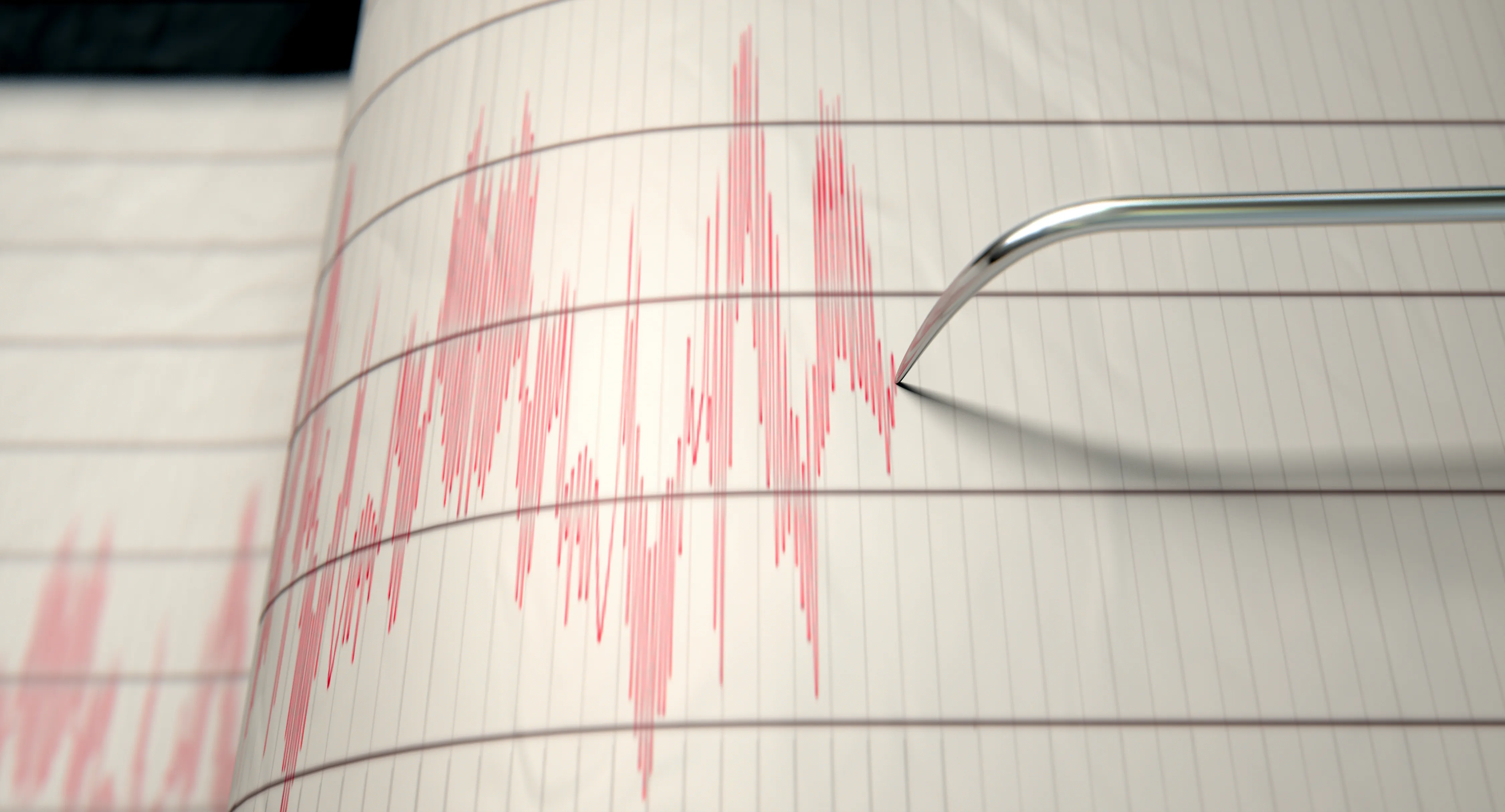
EarthTalk - What will the International Year of Glaciers’ Preservation Accomplish?
©
Dear EarthTalk:
What does the U.N. hope to accomplish by declaring 2025 the International Year of Glaciers’ Preservation and what kinds of activities are in the works?
R. Holmes, Anchorage, AK
The United Nations has declared 2025 the “International Year of Glaciers’ Preservation,” a significant step towards preserving glaciers as vital resources. Sulagna Mishra from the World Meteorological Organization stresses the importance of this action to create awareness, change policies and mobilize resources to make sure we have good research that can help us mitigate and adapt to these new changes.

iStock
Glaciers are typically located in elevated, cold environments like the Arctic and Greenland. They attract millions of tourists every year, and are also crucial to marine ecosystems and our communities. Many regions of Asia and South America rely on glacial melt to maintain water supply during the year. But climate change is causing rapid glacier melting. According to NASA, Greenland’s glaciers are melting at a rate of 267 billion tons per year, increasing sea level rise and the threat of extreme weather. Pema Gyamtsho, Director General of the International Centre for Integrated Mountain Development, says that alpine glaciers are among “the most sensitive components of the Earth’s systems to global climate change.” This increased melting could cause outburst floods from pools of water beneath glaciers called subglacial lakes, a disaster that has killed over 12,000 people according to an article from The Hill.
The U.N.’s decision to establish 2025 as a year for glacier preservation aims to raise global awareness about the key role of glaciers in our climate and communities. Additionally, the U.N. wants to ensure that those impacted by glacial melting receive the correct services. According to the U.N. General Assembly Resolutions from the 77th session, the U.N. is inviting member states, NGOs, civil societies, and different U.N. organizations to promote public awareness of glaciers through events and educational programs.
The government of Tajikistan decided to host an international conference in 2025 for glacier preservation. Furthermore, the U.N. campaign will develop a trust fund to support research for countries suffering from glacial melt. The fund will receive investments from member states, international organizations, the private sector and NGO’s. The money will help develop monitoring programs and AI management, among other projects. As this issue significantly affects indigenous communities, the U.N. will work with affected groups to better understand and target the issues.
Practicing sustainable actions such as taking public transport, consuming less, and recycling, are all effective in lessening your carbon footprint, and therefore glacial melt. You can also get involved with citizen science, where it is possible to work with local groups to study glacial melts. The U.N. has also made it accessible to plan your own community event or easily attend others. These efforts can make a significant difference!
CONTACTS
- U.N. Get Involved, https://www.un-glaciers.org/en/get-involved.
EarthTalk® is produced by Roddy Scheer & Doug Moss for the 501(c)3 nonprofit EarthTalk. See more athttps://emagazine.com. To donate, visit https://earthtalk.org. Send questions to: question@earthtalk.org.
















